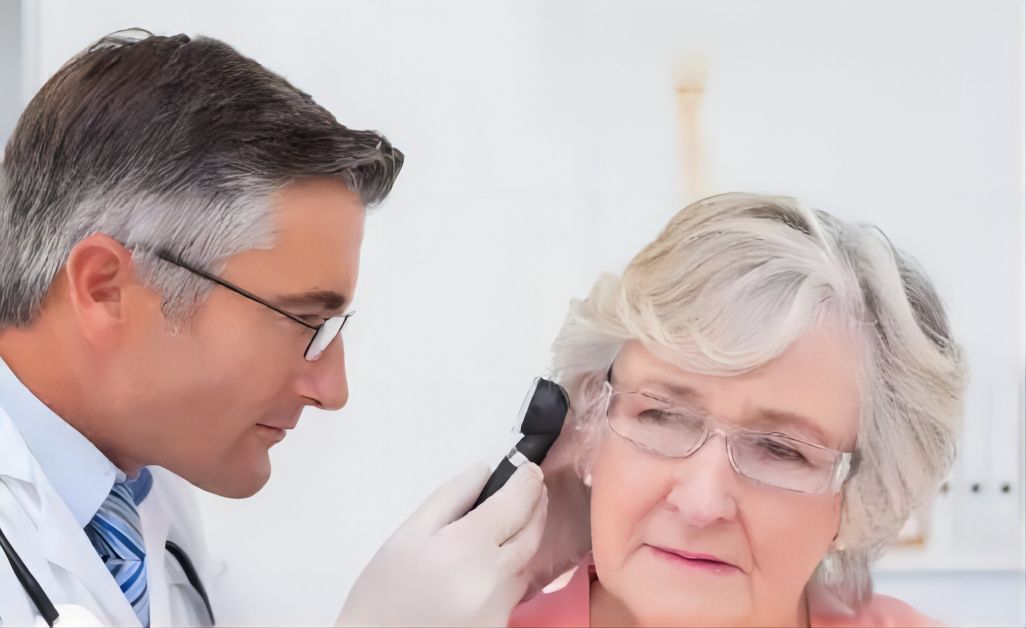Higher DHA levels correlate with lower incidence of middle-aged hearing problems
Researchers report that blood levels of the omega-3 fatty acid docosahexaenoic acid (DHA) are inversely associated with hearing difficulties in a new population-based cross-sectional study. Middle-aged and older adults with higher DHA levels were found to be 8-20% less likely to experience age-related hearing problems compared to those with lower levels.
Previous research has shown that higher DHA levels are related to lower risks of heart disease, cognitive decline, and mortality. Our study expands upon these findings, suggesting that DHA plays a role in maintaining auditory function and potentially helping to lower the risk of age-related hearing loss," said researchers from the Department of Human Health and Nutritional Sciences at the University of Guelph and the Friedman School of Nutrition Science and Policy at Tufts University.

Utilizing data from the UK Biobank, the researchers analyzed self-reported hearing status and blood DHA levels in over 100,000 people aged 40-69 years in the United Kingdom. After adjusting for potential confounding variables, the results showed that individuals in the top quintile of blood DHA levels had a 16% lower likelihood of answering "yes" to the question "Do you have difficulty with your hearing?" compared to those in the lowest quintile. Similarly, those in the highest DHA quintile were 11% less likely to answer "yes" to the question "Do you have difficulty following conversation in background noise?" than those in the lowest DHA quintile.
While the results demonstrate a significant association between DHA levels and hearing, lead researcher McBurney cautions that cross-sectional population studies do not provide sufficient evidence to definitively establish that DHA maintains auditory function or that inadequate DHA levels cause hearing loss. However, accumulating evidence supports the importance of omega-3 fatty acids, particularly DHA, in maintaining health and potentially preventing age-related declines in various bodily functions.
Omega-3s may help protect the health of inner ear cells or mitigate inflammatory responses to noise, chemicals, or infections. Previous studies in older adults and animals have also shown that higher omega-3 levels are negatively correlated with age-related hearing loss and can potentially prevent such decline.
Our bodies' capacity to produce DHA is limited, so the DHA content in our blood and tissues largely depends on our intake of omega-3s. Regular consumption of seafood or the use of dietary supplements can boost DHA levels.
"There is compelling evidence that higher blood levels of omega-3 fatty acids are beneficial," says McBurney. "Fatty fish and omega-3 supplements are excellent dietary sources. If opting for dietary supplements, read the EPA+DHA content on the Supplement Facts panel to compare products."
It is estimated that about 20% of people worldwide—more than 1.5 billion individuals—have hearing loss, a number expected to rise with global population aging over the coming decades. Hearing loss ranges from mild to severe and impacts communication, social interactions, educational and job opportunities, and many other aspects of daily life.
Environmental factors, genetic predispositions, and certain medications can contribute to hearing loss. Proven strategies to lower the risk of hearing loss include using protective devices to shield ears from loud noises and receiving appropriate medical care for infections.